On April 1st, 1940 in the small village of Ihithe, Kenya, a young girl was born. Her name was Wangari. Her parents were proud, and this is the way it is for all of us. We are the product of the hopes and dreams of our ancestors. While some dream of greatness, and others dream of doing great things, a few just do what they must. Our future is not the product of our hope or dreams, but of our courage.
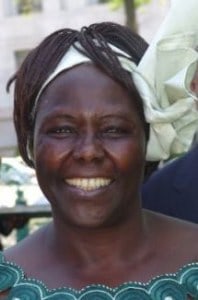 Wangari grew up to be a leader in her country, faced innumerable obstacles, but also founded the Green Belt Movement which is responsible for planting 50 million trees in Kenya to combat desertification, deforestation, improve water conservation and agriculture. Wangari Maathai is a personal hero of mine. You can read a little of her story here.
Wangari grew up to be a leader in her country, faced innumerable obstacles, but also founded the Green Belt Movement which is responsible for planting 50 million trees in Kenya to combat desertification, deforestation, improve water conservation and agriculture. Wangari Maathai is a personal hero of mine. You can read a little of her story here.
A hero is someone who is admired for their courage and overcoming formidable odds to triumph in the face of adversity or battle. Synonyms are warrior, lion-heart, winner and champion. Joseph Campbell writes of the twelve steps in the journey of the hero. It is embedded universally in our literature and our cultures. Heroes often share the characteristics of being reluctant and unwilling, but rise to the challenge after a series of events. They are similar to us, afraid of the challenge, but compelled to face it. Though this is the definition of courage, they would not describe themselves as brave, they are modest and do not seek glory. They do not claim courage, but are the product of it.
More than anything we revere our heroes. As children, we aspire to be heroic, and our culture is awash in plastic heroes like Spiderman and Batman. These heroes face predictable villains and always triumph in the end, leaving us with a short adrenaline rush, but no lasting satisfaction or reverence. It is time to give our children real heroes.
If we want to succeed in mitigating the disastrous climate crisis, we need more heroes. If we want to build more renewable energy and transform our society and culture toward justice, we don’t particularly need hope. Hope becomes a crutch. It absolves us from responsibility. It mitigates fear. It’s a drug that says things will be OK. Instead, we need more heroes.
Where are our climate and energy heroes?
They are here, working quietly away in a hundred thousand different ways. They are working in the National Renewable Energy Labs, they are working on legislative policy committees, they are standing in front of dirty Tar Sands Pipelines, they are building renewable energy companies, they are fighting environmental fascism in the courts. They are trying to do impossible things against impossible odds, and yet knowing that they may fail, they get up every day and try just the same. This is true courage. As a society, it seems we are too busy, to take time to acknowledge them. We would rather believe in Spiderman and be fed hope that someone will save us. But deep down we know that there is no one coming to save us, and that we must try to save ourselves.
The celebration of the courage of our environmental and energy heroes is required to inspire others to action. If there is one simple thing you can do for your organization or company’s communication, it is to celebrate the work that they do. Tell their stories. Create more heroes.
Imagine moving from the denigration that fossil fuel companies intentionally ascribe to environmentalists as tree huggers, rock lickers, bunny lovers, or eco-terrorists, to celebrating environmental heroism. Imagine setting aside the false hopes and not listening to the naysayers. Imagine one person taking the mantle and then another and another. Look at the fifteen-year-old Greta Thunberg from Sweden challenging the establishment at COP24.
“We have not come here to beg world leaders to care. You have ignored us in the past and you will ignore us again. We have run out of excuses and we are running out of time. We have come here to let you know that change is coming, whether you like it or not. The real power belongs to the people.”
This is courage.
If we celebrate the heroes of our military to the extent that we now believe that war is good, and deserves the majority of the funding our society, then we can celebrate the heroes of the environment fighting against the greatest threat humanity faces, the climate crisis. Now we need to plant the seeds for 50 million climate heroes.
We will know we have succeeded when we ask our children, “What do you want to be when you grow up?” and they answer back, “I want to be like Wangari Maathai. I want to plant a tree. I want to be like Greta Thunberg. I want to make the world a better place. I am afraid, but I will sacrifice myself for others because, I am afraid for them. We are in this together.”
‘We are all connected. Savor the Earth!’™
Hobie,
L. Hobart Stocking
SkyWaterEarth.com
hobart@skywaterearth.com
651-357-0110
Facebook: @SkyWaterEarthConnected
Twitter: @SkyWaterEarth

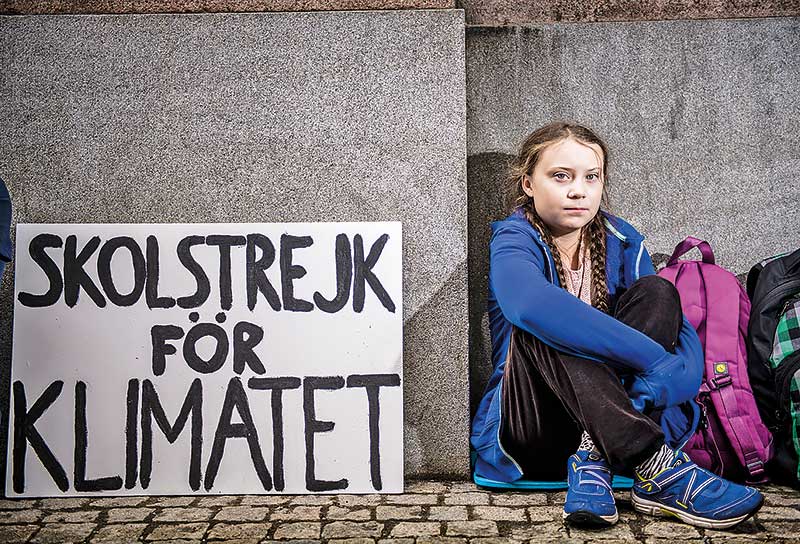
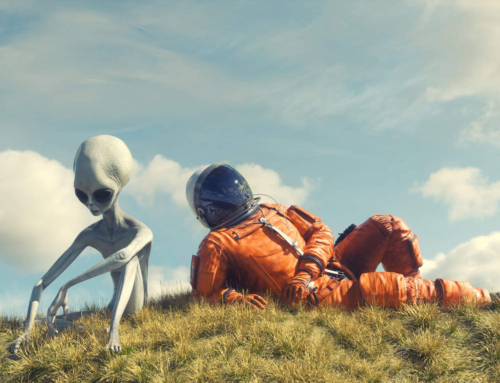
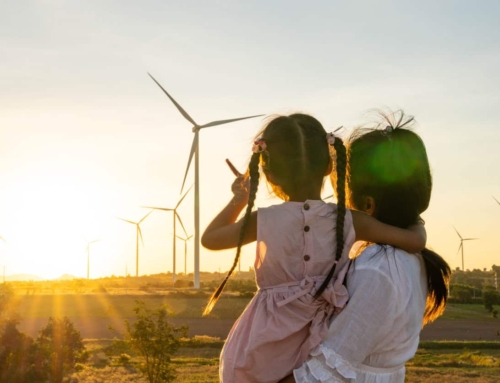
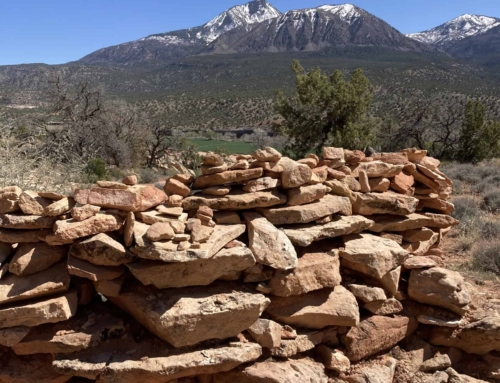
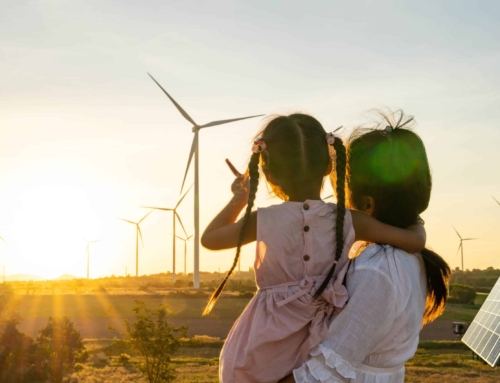
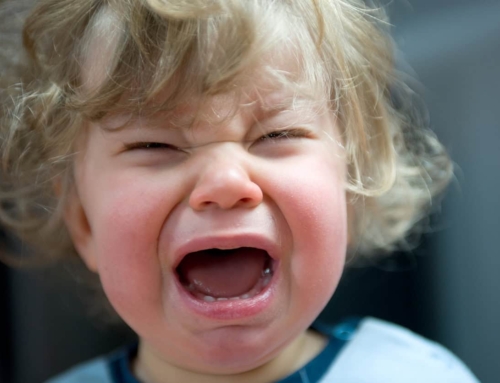
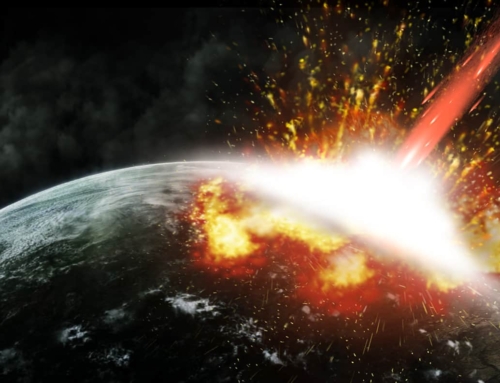
Leave A Comment